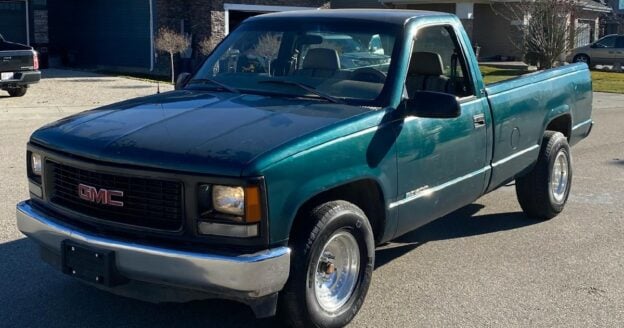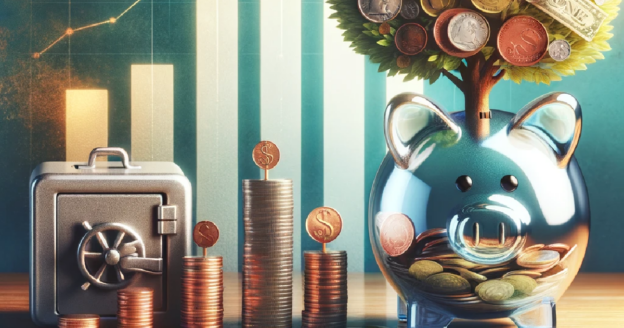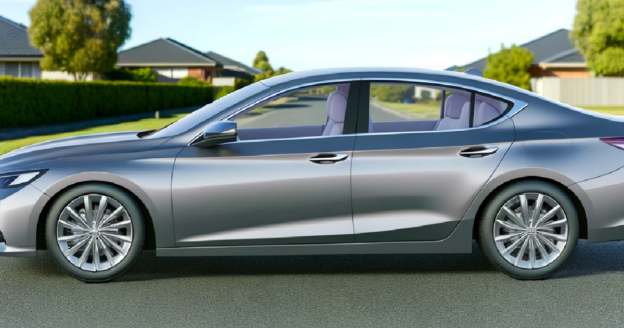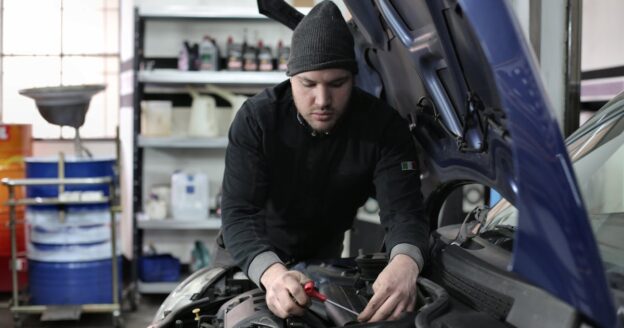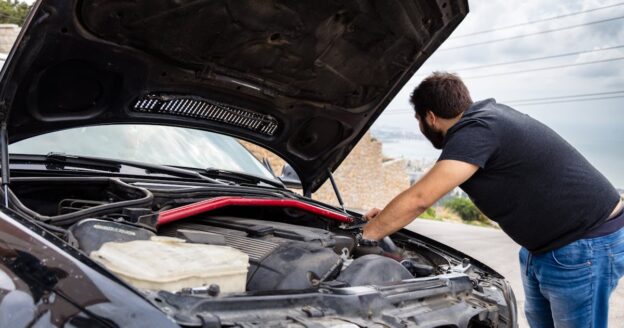Buying a repossessed car at an auction can be an exciting and cost-effective way to purchase a vehicle. However, the auction environment can be intimidating for first-time bidders. Understanding the auction dynamics and how to navigate the bidding process is crucial to making a successful purchase. This article will guide you through the essentials of bidding on repossessed cars at an auction, ensuring you’re well-prepared for the experience.
Types of Auctions
There are several types of auctions where repossessed cars are sold:
- Public Auctions: Open to everyone, these auctions are typically held by auction houses or government agencies. They can be a great place for first-time bidders.
- Dealer Auctions: These are restricted to licensed car dealers. If you’re not a dealer, you might need to partner with one to participate.
- Online Auctions: Increasingly popular, online auctions allow you to bid on repossessed cars from the comfort of your home. Websites like RepoFinder, Copart and IAAI are well-known in this space.
Preparation Before the Auction
Research and Selection:
- Start by identifying which auctions you can attend and what vehicles will be available. Most auction houses provide a catalog of the cars up for bid, complete with details and, often, photos.
- Use resources like Kelley Blue Book or Edmunds to check the market value of the cars you’re interested in. This will help you set a budget and avoid overbidding.
Inspection:
- Many auctions allow potential buyers to inspect vehicles before the bidding starts. Take advantage of this opportunity to check the car’s condition.
- Bring a mechanic or someone knowledgeable about cars if you’re not confident in your ability to assess a vehicle’s condition. Look for signs of damage, wear and tear and check the VIN for any red flags in the vehicle history report.
Financing:
- Arrange your financing ahead of time. Many auctions require immediate payment, so knowing your budget and having funds ready is crucial.
- Some auctions offer financing options, but it’s best to have your financing lined up beforehand to avoid any last-minute complications.
Bidding Strategies
Set a Budget:
- Determine the maximum amount you’re willing to spend on each vehicle, including potential repair costs. Stick to this budget to avoid the temptation of overbidding in the heat of the moment.
Arrive Early:
- Arriving early allows you to get a good spot where you can see and hear everything clearly. It also gives you time to observe the auctioneer’s style and the bidding patterns of other participants.
Stay Calm and Focused:
- Auctions can be fast-paced and competitive. Stay calm and focused, and don’t let the excitement drive you to bid more than you intended.
Understand the Auctioneer:
- Auctioneers have their own unique styles and speeds. Pay attention to their rhythm and the increments in which bids are increasing. Understanding the auctioneer will help you time your bids more effectively.
Make Yourself Known:
- When you’re ready to bid, make sure your gestures or paddle are clearly visible to the auctioneer. Don’t hesitate or bid timidly, as this might cause the auctioneer to miss your bid.
Be Patient:
- If the bidding starts too high, don’t get discouraged. Sometimes, the price will drop if there are no initial takers. Patience can pay off, especially if you’re willing to wait for the right moment.
After Winning the Bid
Payment:
- Be prepared to make the payment immediately after winning the bid. Know the auction house’s payment methods and policies beforehand.
Paperwork:
- Ensure you complete all necessary paperwork promptly. This includes the bill of sale, title transfer, and any other documentation required by the auction house.
Transport:
- Arrange for the transportation of your new vehicle. Some auctions offer delivery services, while others may require you to organize your own transport.
Wrapping Up
Bidding on repossessed cars at an auction can be a rewarding experience if you come prepared and understand the dynamics at play. By doing your homework, setting a budget and staying focused during the auction, you can secure a great deal on a repossessed vehicle. Remember, there are more options than ever before to bid on used vehicles. If you’re not comfortable going to an auction in person, attend an online one instead. RepoFinder has a full directory of links to banks and credit unions that are selling their repo inventory. Check them out today!




